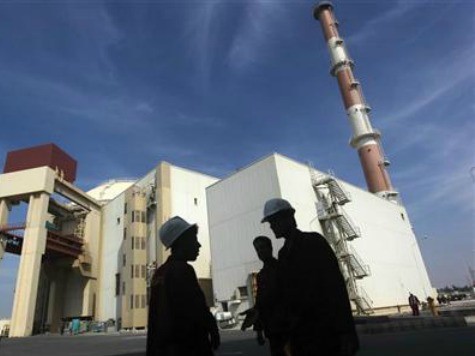Iran’s atomic energy organisation on Saturday said it was denying international inspectors access to the suspected nuclear facility at Parchin, reports theTimes of Israel. Iran claimed that IAEA inspectors were not entitled to visit the military complex outside Tehran, which further raised suspicions that nuclear-related tests are being carried out there.
“Legally, they are not entitled to visit Parchin since we have not accepted and are not exercising the Additional Protocol (to the Non-Proliferation Treaty),” the Atomic Energy Organisation of Iran’s (AEOI) Spokesman Behrouz Kamalvandi was quoted as saying.
Iran maintains that it has no obligation to grant the IAEA access to the site because Iran designated Parchin as a military site, putting it off-limits to inspections and outside the scope of the deal reached with world powers last year.
The Parchin military site has become a flash point in long-running discussions between Iran and the IAEA; the international inspectors suspect activities at Parchin, including explosive tests, are “strong indicators of possible nuclear weapon development.” There is also suspicion that Iran’s designation of Parchin as a military site is merely to provide cover for inspection-free nuclear development.
Meanwhile, regarding the also contentious issue of the Arak heavy water reactor, Ali Akbar Salehi, the head of the AEOI, said Saturday that operations there would continue.
The Arak reactor is of international concern because it provides Iran with a second possible route to a nuclear bomb from plutonium, an alternative to highly enriched uranium. The Arak facility may be able to extract weapons-grade plutonium from spent fuel.
Iran’s nuclear enrichment activities are in defiance of repeated UN Security Council demands and resolutions. As Iran sits on some of the world’s richest fossil fuel deposits, its claimed need for civilian nuclear power is suspect. Iran has sometimes claimed that it is building nuclear facilities to manufacture medical isotopes. Strong suspicions in the West and Israel that Tehran’s nuclear drive masks military objectives have led to IAEA inspections.

COMMENTS
Please let us know if you're having issues with commenting.